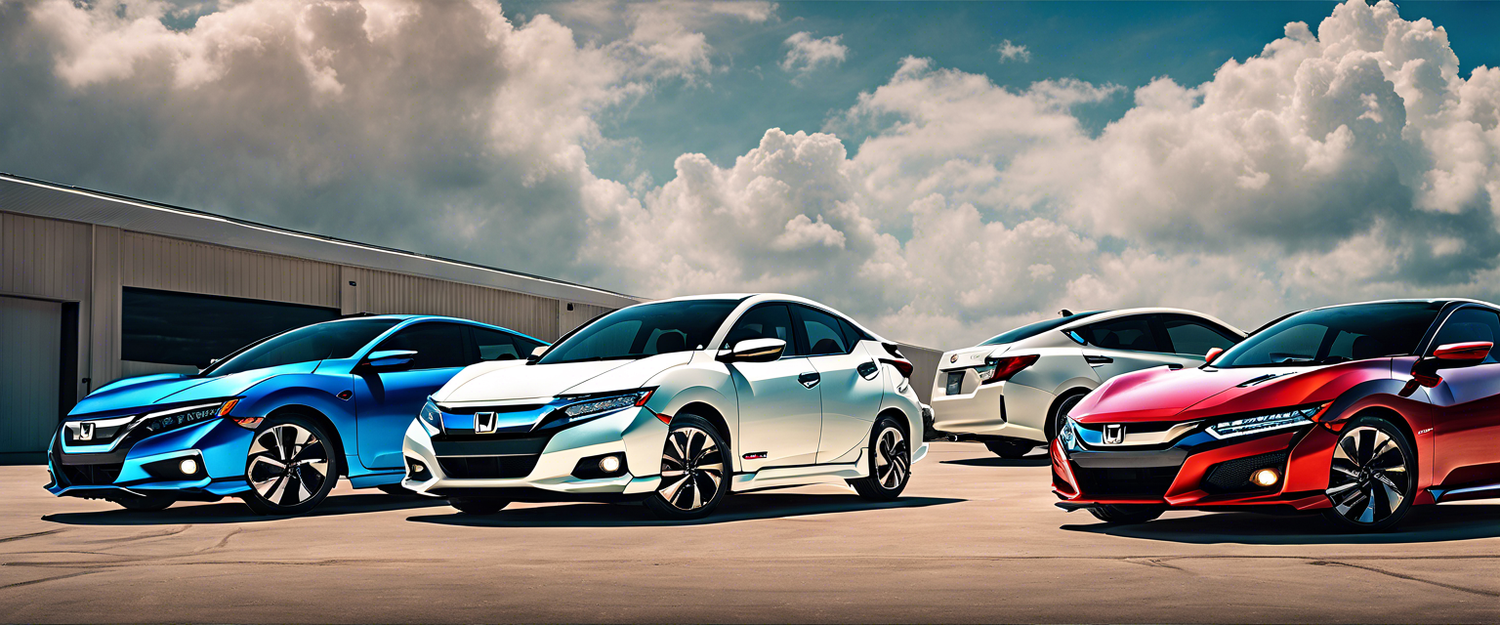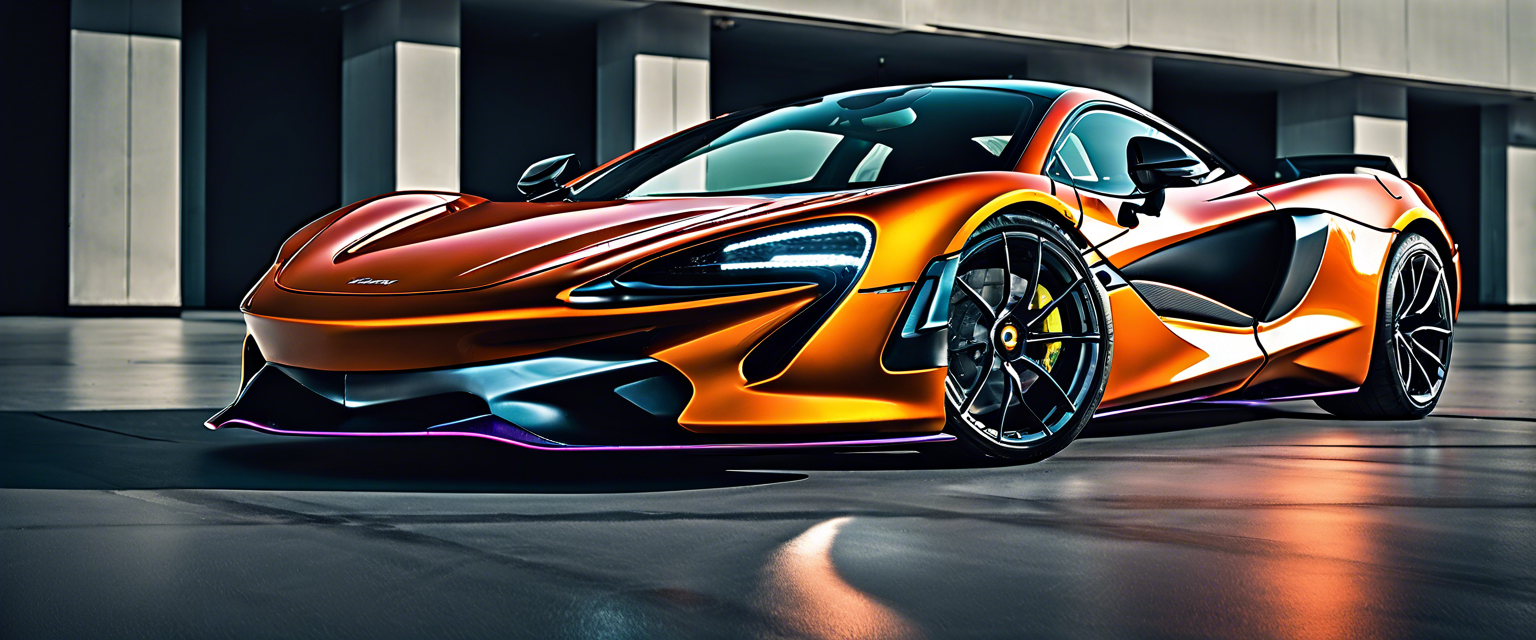Honda and Nissan's Strategic Merger: A Response to EV Market Challenges
In a significant move to bolster their positions amidst intensifying competition in the electric vehicle (EV) market, Honda and Nissan have announced plans to merge. This announcement, made on a recent Monday, marks a pivotal moment for both Japanese automakers as they aim to create the third-largest car manufacturer by sales, trailing only behind industry giants Toyota and Volkswagen.
Formation of a New Auto Powerhouse
The two automakers have signed a memorandum of understanding, setting in motion plans to integrate their operations effectively. Furthermore, Nissan's alliance member, Mitsubishi Motors, is also in discussions to join this merger, with a decision anticipated by the end of January. If finalized, this merger could meld the market capitalizations of all three companies into a formidable entity worth over $50 billion.
Management and Vision for the Future
Initially, Honda will take the lead in managing the merged entity. According to Honda president Toshihiro Mibe, the objective is to finalize a formal merger agreement by June 2026. Mibe emphasized the necessity of combining resources, expertise, and technologies developed over many years to navigate the environmental challenges currently facing the automotive sector.
Adapting to Global Competition
The intent behind this merger is not solely about size; it is a strategic response to growing competition from emerging brands such as Tesla and China's BYD. The collaboration aims to establish a joint holding company that can more effectively innovate and capture market share in the rapidly evolving EV landscape.
Financial Context and Future Aspirations
Nissan, in particular, seeks this merger as a lifeline, having experienced a dramatic decline in net earnings—over 90 percent year over year—as reported in mid-2024. Anticipating further workforce reductions, Nissan aims to maneuver through these challenges by forming a robust alliance with Honda.
Statements from Leadership
Nissan's CEO Makoto Uchida articulated his belief in the merger's potential, highlighting, "If realized, I believe that by uniting the strengths of both companies, we can deliver unparalleled value to customers worldwide who appreciate our respective brands. Together, we can create a unique way for them to enjoy cars that neither company could achieve alone."
Criticism and Concerns
However, not all voices are in favor of the merger. Former Nissan CEO Carlos Ghosn expressed skepticism, calling the merger a "desperate move" and questioning the practicality of the deal. He commented on the lack of clear synergies between the two companies, reflecting on Nissan's tumultuous past following his arrest in 2018 over financial misconduct charges.
Conclusion: The Road Ahead for Honda and Nissan
The proposed merger of Honda and Nissan could reshape the competitive landscape of the automotive industry, especially in the electric vehicle segment. As they seek to combine their strengths to navigate the challenges posed by an evolving market, both companies must focus on innovation and customer satisfaction to validate this strategic alliance.
Key Takeaways
- The merger is a response to increasing competition in the EV market.
- Initial leadership will be under Honda, aiming for a formal agreement by June 2026.
- Nissan's struggles in earnings have prompted the need for this collaboration.
- Concerns about the merger's viability surface amidst criticism from industry veterans.
This unprecedented collaboration will be closely monitored as the outcome could serve as a new model for future alliances in the automotive industry.



Laat een reactie achter
Alle reacties worden gemodereerd voordat ze worden gepubliceerd.
Deze site wordt beschermd door hCaptcha en het privacybeleid en de servicevoorwaarden van hCaptcha zijn van toepassing.